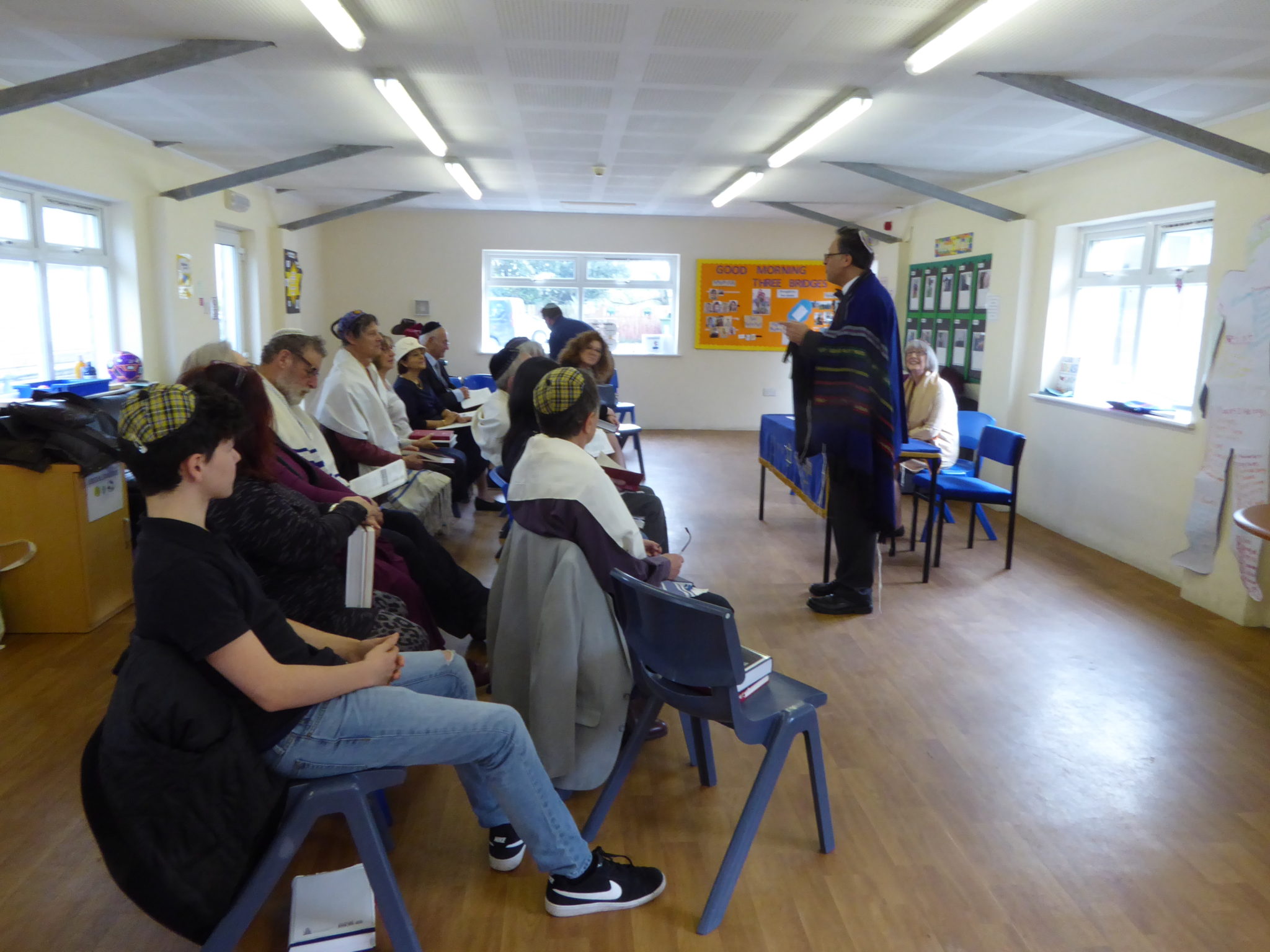Imagine, you are walking along beside the Ark of the Covenant, as King David leads the procession to take the Ark to Jerusalem. You are in a privileged position at the side of the cart on which the Ark is placed and feel especially responsible. Just as you reach an important farming settlement on the way, the oxen pulling the cart stumble. What do you do? Do you stand by and risk the Ark tumbling to the ground, or do you reach out to catch hold of this most precious of all of Israel’s possessions? Well, Uzzah, son of Abinadav, in whose house the Ark had been kept up until this journey, did reach out and God’s anger burned against him and “God smote him there for his error, and he died there by God’s ark.”
This terrifying event, recounted in Samuel 2 6:1 – 7:17, appears in the Haftorah for Shemini and mirrors the equally terrifying account in the parsha of the death of Nadav and Avihu, two of Aaron’s sons, for offering unauthorised fire to God. The death of the brothers appears even more shocking as it comes just after Aaron and his sons have been consecrated as God’s priests and when the people were in a state of harmony with the will of God.
Why were the punishments so severe? Several reasons have been given in each case. Uzzah was a Levite and it was right for him to be involved in the carrying of the Ark, but there is the whole point. The Ark was meant to be carried upon the shoulders of the Kohathites, not loaded upon a cart. It was meant to be carried, but not to be touched. As for Nadav and Avihu, they failed to appreciate the difference between the sacred and the profane and they assumed that they were able to decide what God wanted. And yet, I, for one, still feel great sorrow for the brothers and for Uzzah. Yes, they did wrong, but could we not expect mercy from “God, omnipotent, merciful and kind, slow to anger, with tremendous love and truth”? (Shemot 34 8)
No doubt, we will wrestle with such questions for long and many times. However, this week we are come to the double parshiyot of Tazria-M’zora and the exposition of the laws of cleanliness and uncleanliness as they relate to the leprous curse and to both male and female discharges. Pat Lipert will lead us in prayer, reading and discussion. Come and take part.
Yom Ha-Atzma’ut begins this year on the evening of Monday 1 May.
